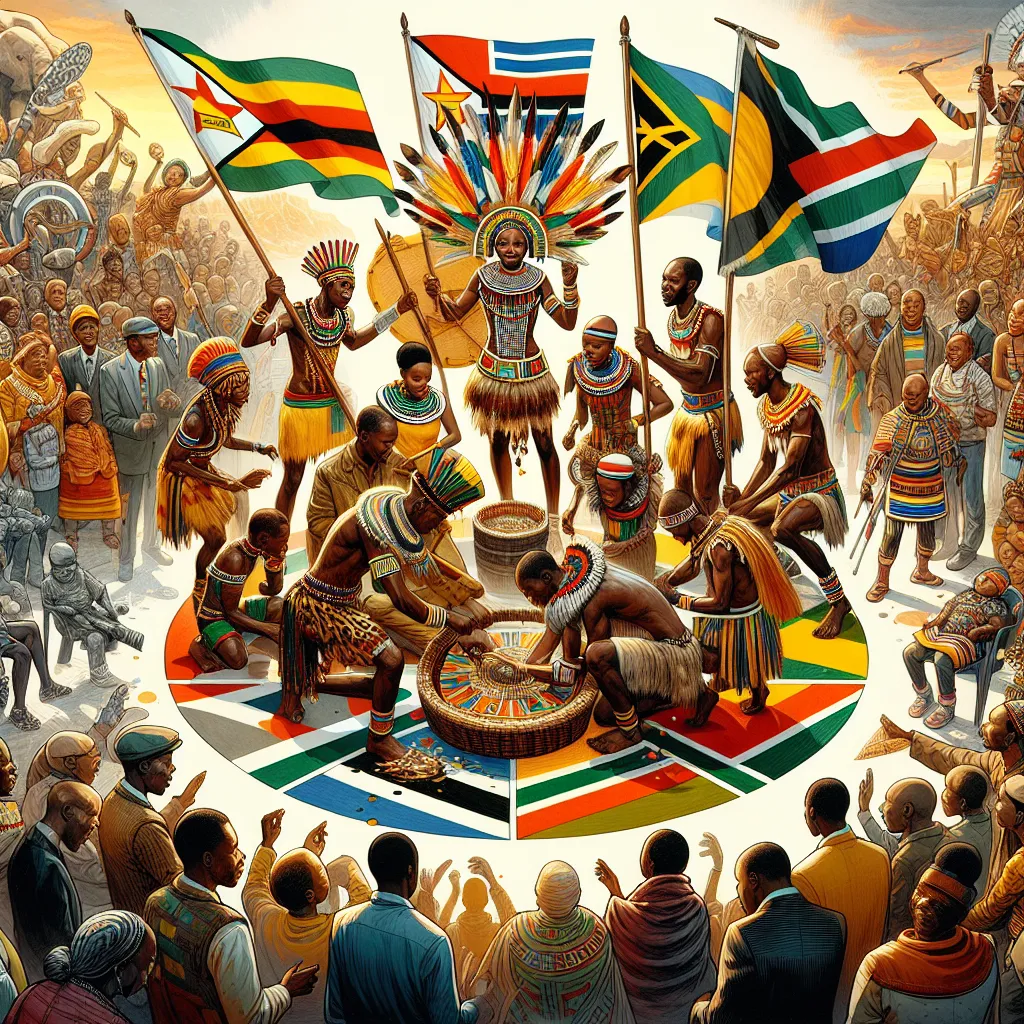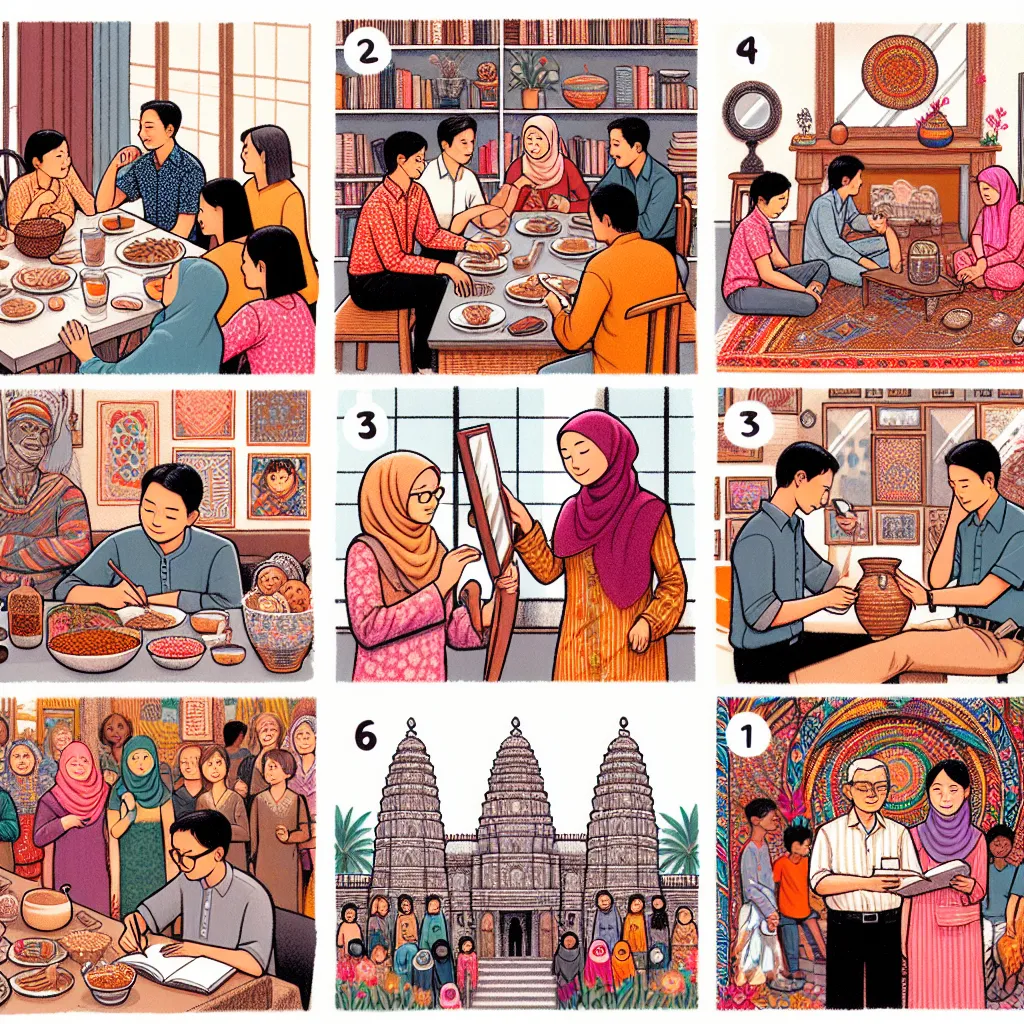Ask AI on The Internet
Question: Explore how family shapes an individual's cultural identity, regardless of whether it stems from tradition or non-biological relationships
Family, in all its many forms, plays an integral role in shaping an individual’s cultural identity. The first point of socialization, it's in the family where a person gets introduced to the values, customs, beliefs, and traditions that will make up a big part of their cultural identity. If the family is deeply rooted in certain traditions, such as celebrating certain festivals, eating certain foods, or practicing certain rituals, members of the family would naturally take on these aspects as part of their cultural identity. They'd learn to appreciate and uphold the significance of these practices. On the contrary, families who are not strictly traditional might allow for a more individualistic approach in defining cultural identity. These families might be more accepting of non-traditional values or practices, providing opportunities for exploration outside of what may be typical for their cultural background. Non-biological relationships such as adoptive families, foster families, or chosen families also play a significant role in shaping cultural identity. A child raised in a family of a different culture would invariably absorb aspects of that culture, whether it be language, customs, or values. Likewise, an individual who creates a "chosen" family with peers or mentors will likely adopt elements of their chosen family's culture. It's also important to note that families often introduce us to meanings and societal understandings such as roles, expected behaviors, and norms. Hence, the family is a massive influencer on the perception and interpretation of the world around us. In both traditional and non-traditional families, the shared experiences, interactions, and teachings are crucial in molding an individual’s cultural identity. However, biases should not be encouraged, and open-mindedness should be emphasized to promote understanding and respect for all cultures. What's most important is that cultural identity should be about embracing and understanding the individual in the context of the wider societal framing he or she lives in. Cultural identity should not be seen as a confining attribute, but as a way of understanding and appreciating the diversity of experience.
A new large language model has been made available since this question was asked.
To generate an updated answer from the new model, click the button below.
Think your answer is better than the AI's? Post it below.
Other Most Relevant Posts:
 Ask AI: Discuss how the community affects and shapes your family and reflect on how the presence of other family members influences its structure
Ask AI: Discuss how the community affects and shapes your family and reflect on how the presence of other family members influences its structure
Question Tags
If you want your question answered by an AI, click here.






Post your own comment: